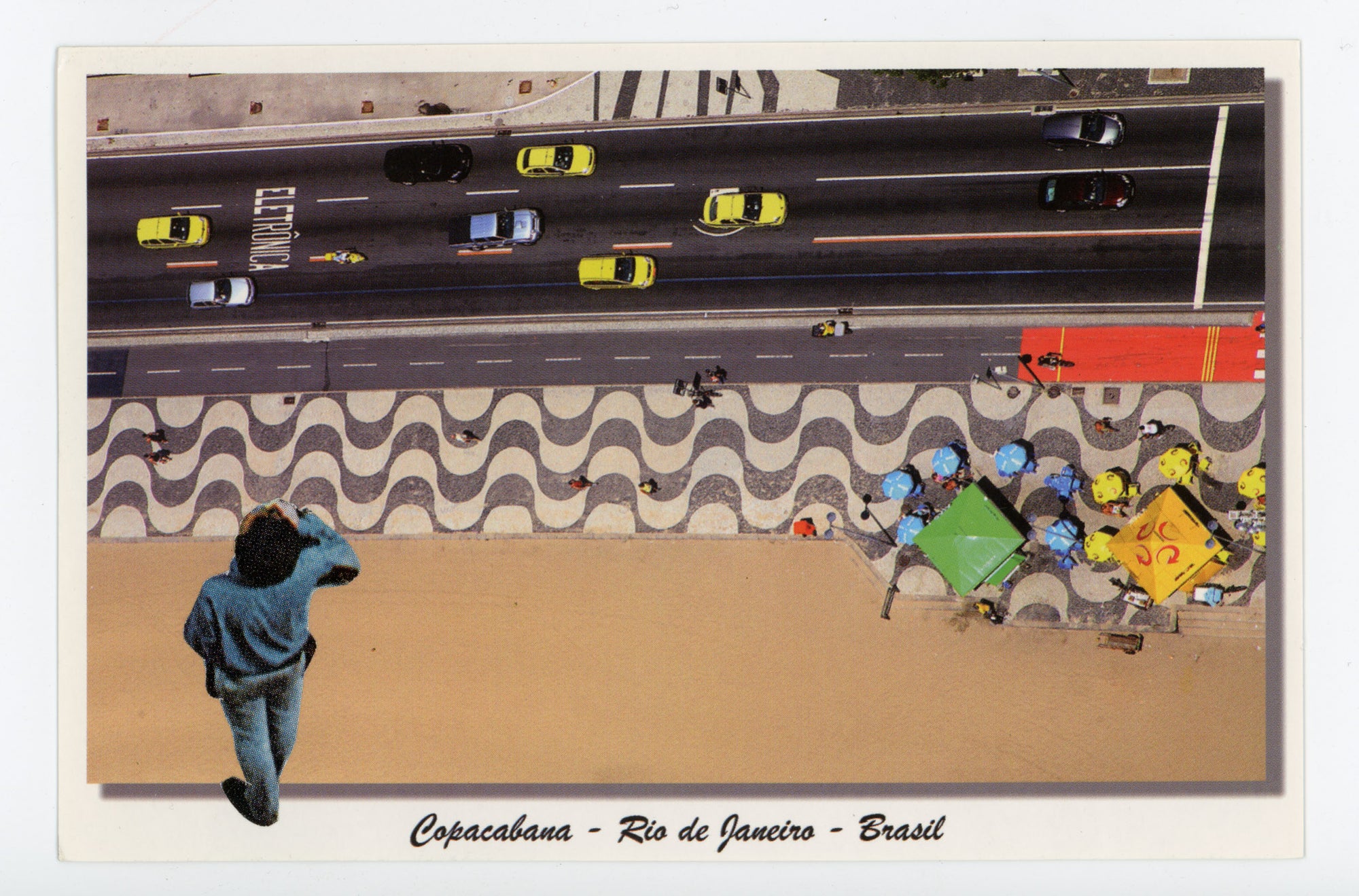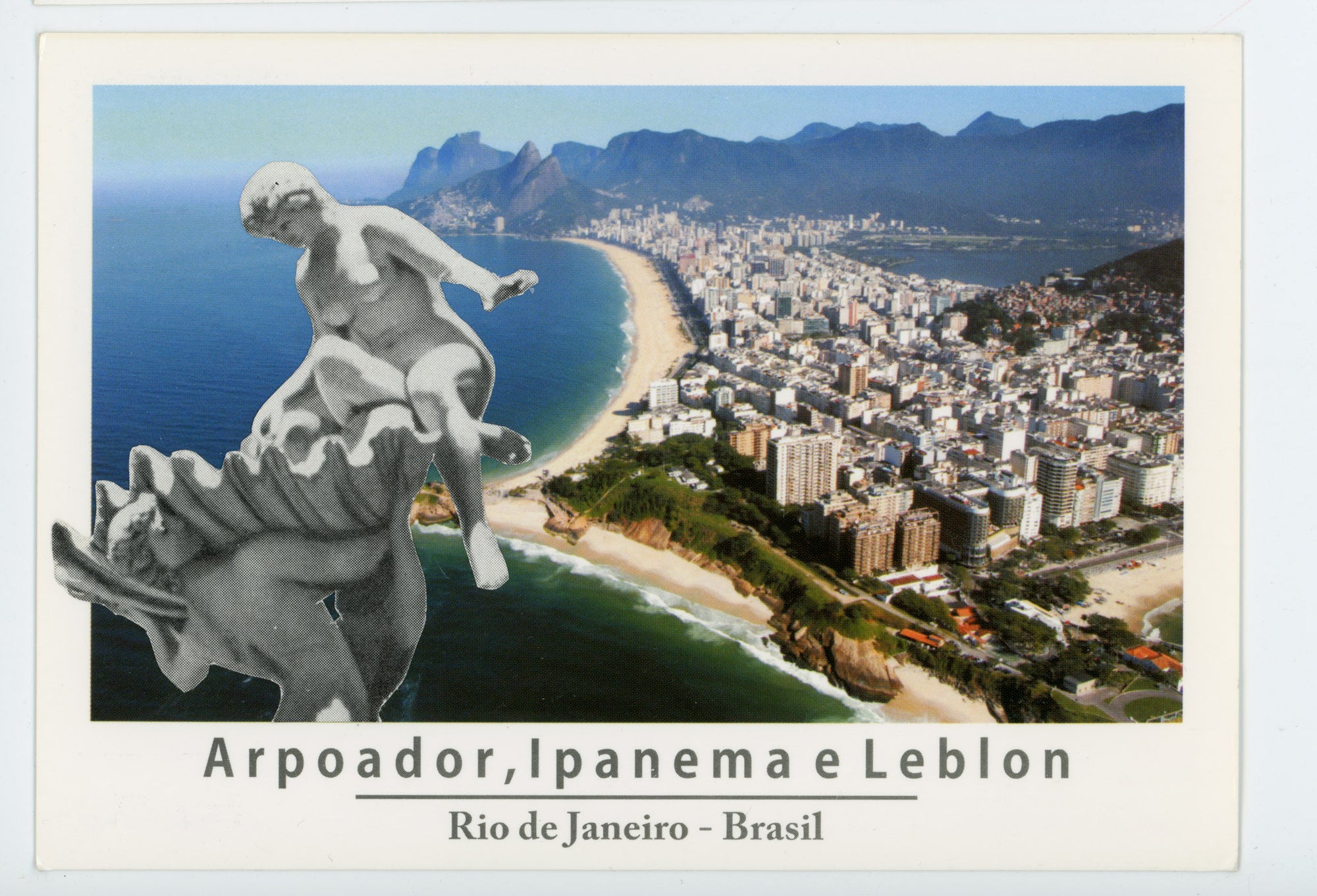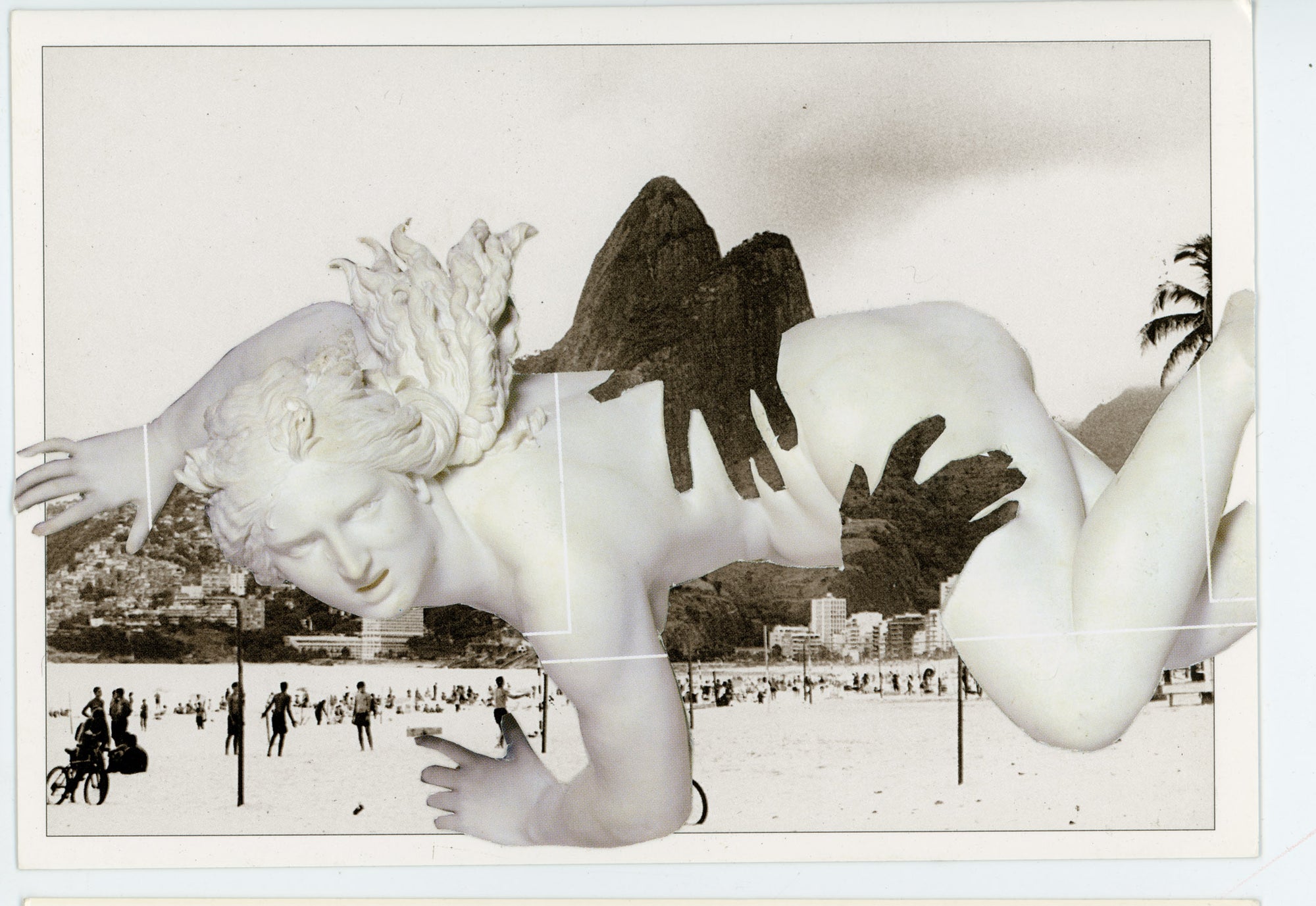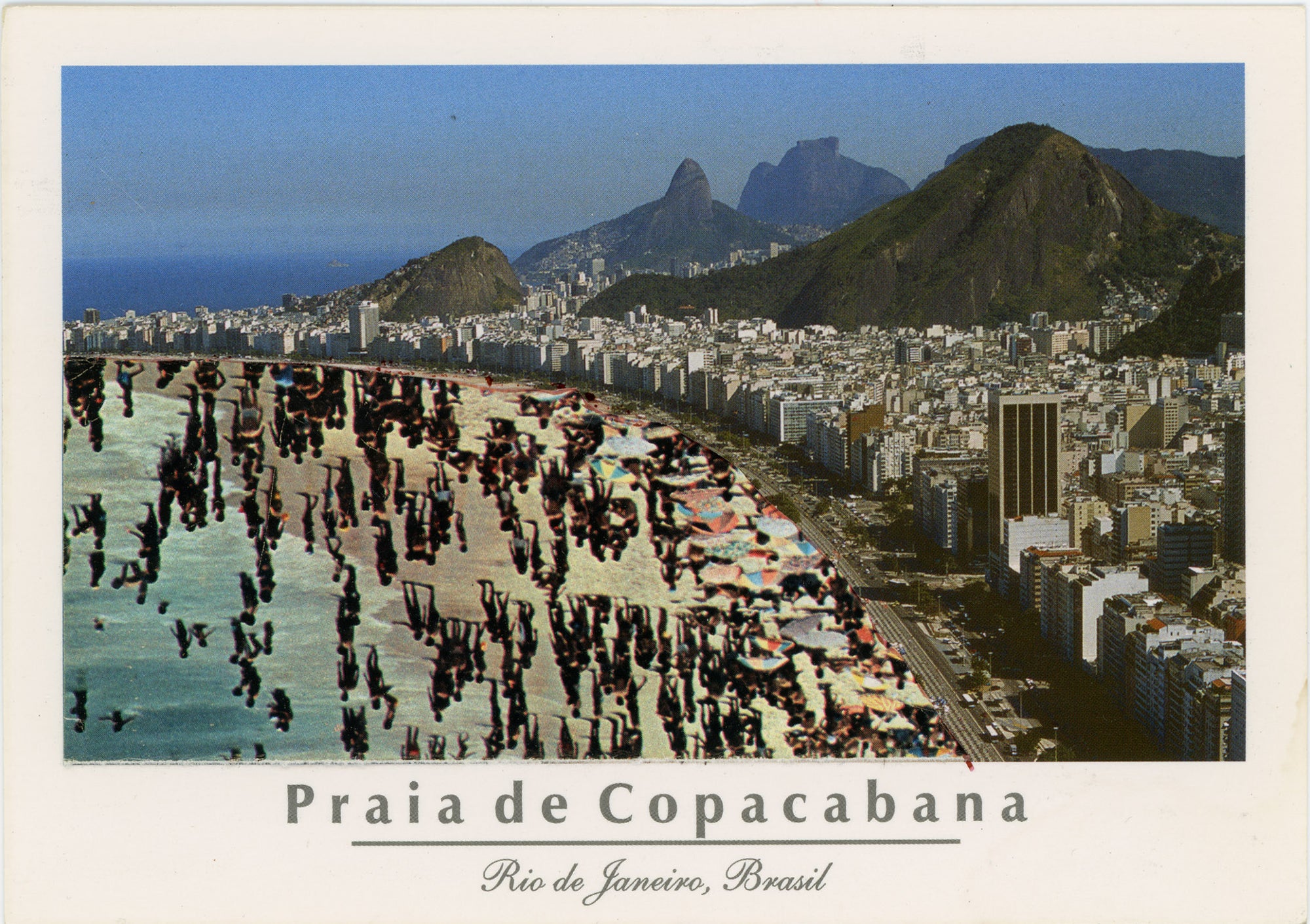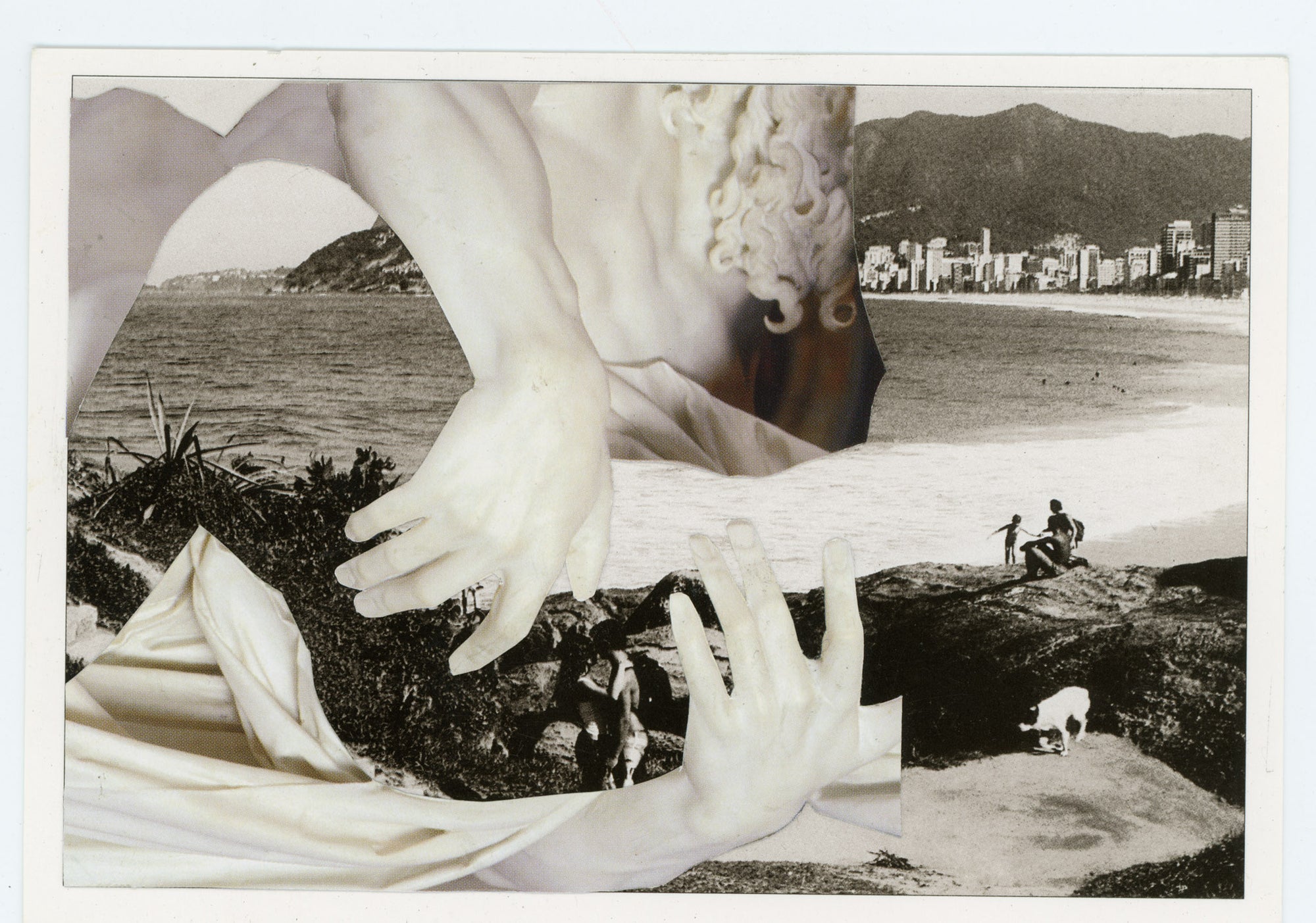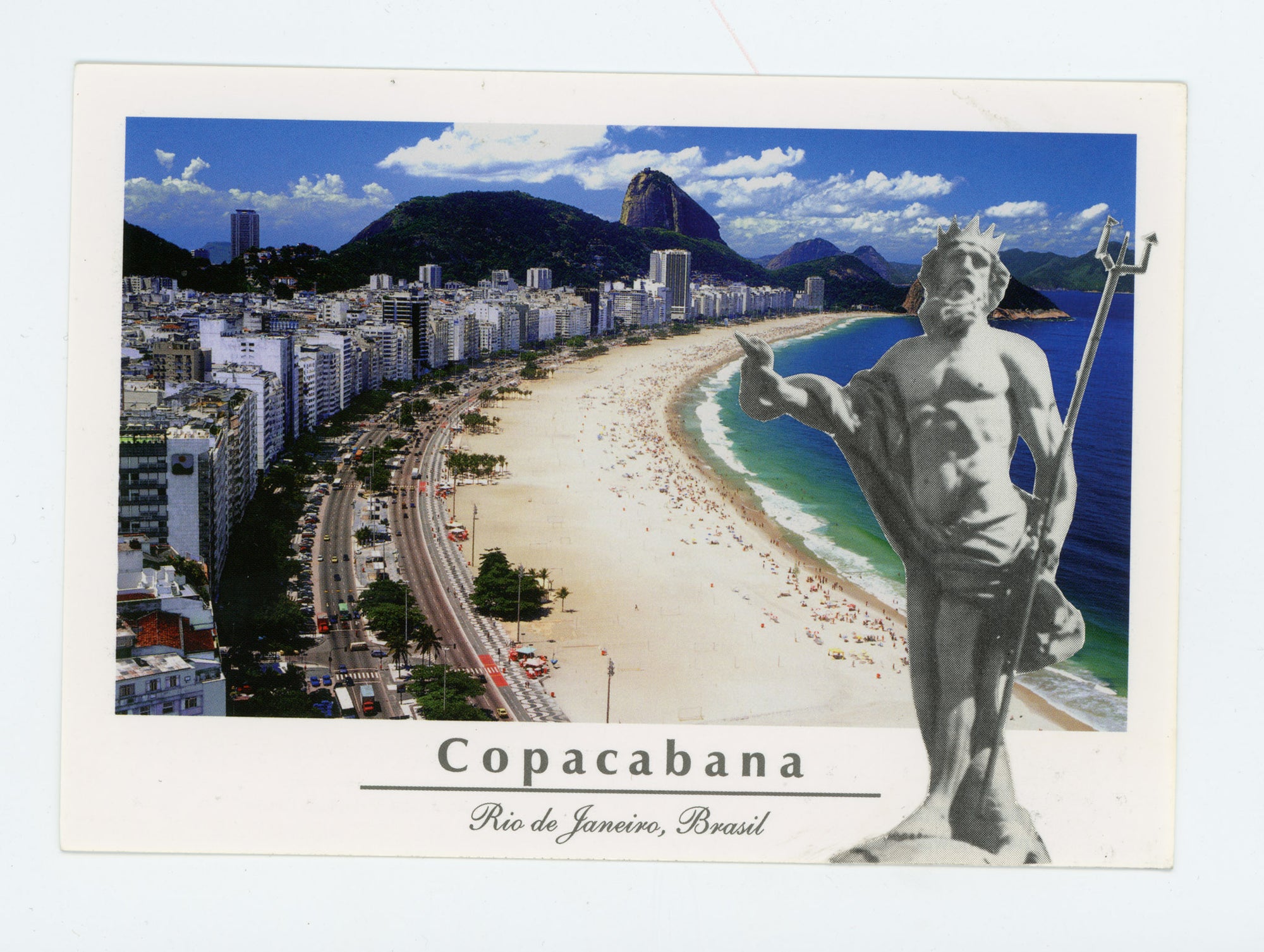Bossa nova, which translates loosely into “new wave”, developed as a paired down version of the traditional beat of samba, another (more upbeat) Brazilian style that the country is famous for. Beyond bossa nova and samba, Brazil has a varied music culture that continues to innovate and influence artists around the world.
Brazilian music for me, is a passport. I was born in Rio de Janeiro, but by the time I was able to speak in full sentences my parents had already relocated to New York. Their knowledge of American music was limited to The Beatles but their Brazilian discography ran deep. Sunday afternoons were spent at home with my mother, as she played her favorite songs for us to sing-along to. It was in the lyrics of these songs that I learned my literal and emotional Portuguese vocabulary. I learned about heartbreak long before I experienced any romance myself. And there were also history lessons to be had — the Brazilian dictatorship of the 1960-70-80’s was, ironically, a super fruitful time for artistic expression. Artists who stayed in Brazil sang in metaphor while artists in exile started singing in English. If you want to dive into Brazilian music, Caetano Veloso’s English singles, which he recorded in London, are a great place to start. His 1971 album is descriptively titled, London London. Below I’ll list some of my favorites artists that are lesser-known outside of Brazil and my go-to tracks of theirs. Start here and let the music take you elsewhere!














